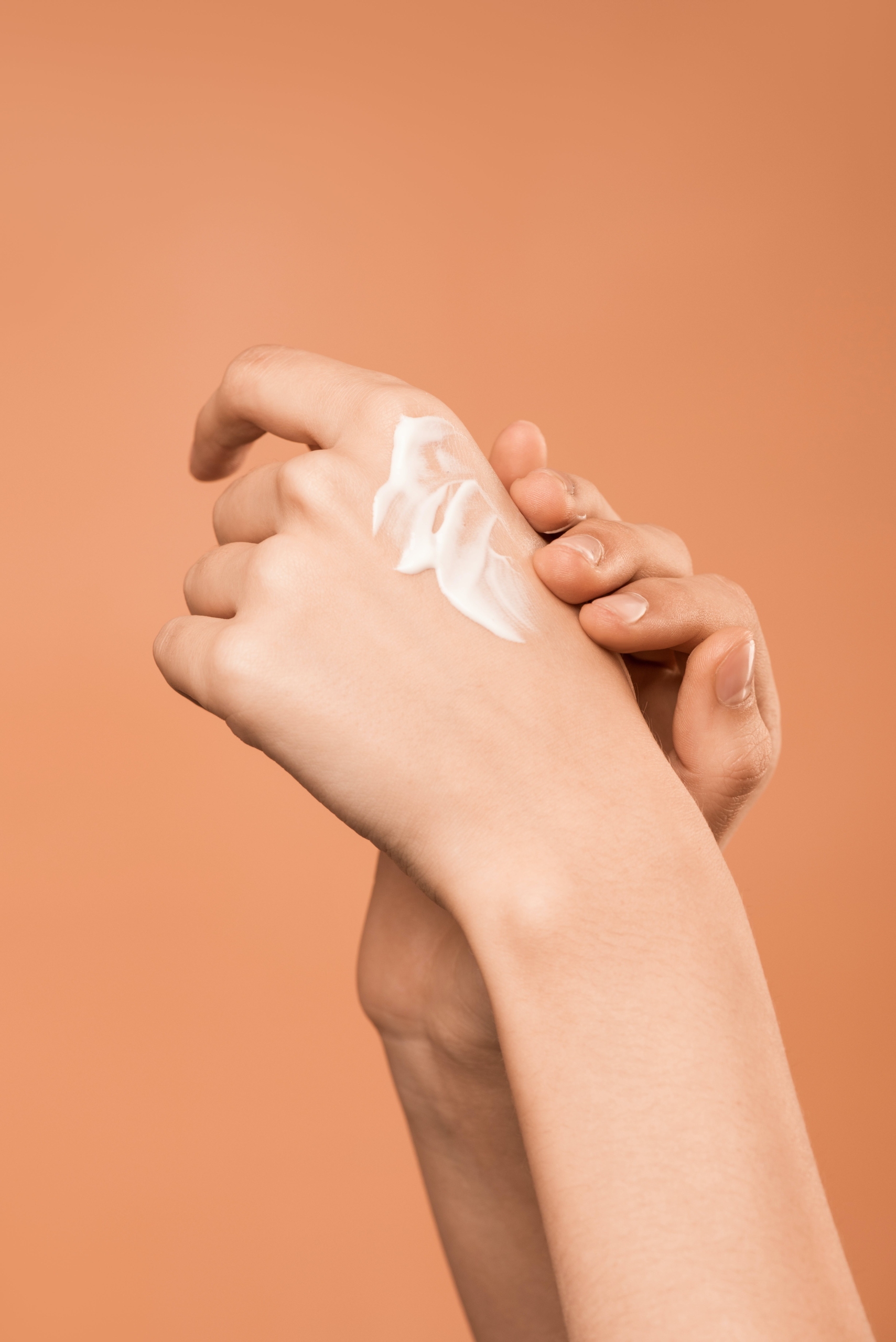Understand Your Skin Type:
The first step to achieving clearer skin is understanding your skin type. Different skin types have varying needs, and using products tailored to your specific requirements can make a significant difference. Whether you have oily, dry, combination, or sensitive skin, choose skincare products that address your unique concerns.
Establish a Consistent Cleansing Routine:
Consistent cleansing removes dirt, oil, and impurities that can clog pores and lead to breakouts. Use a gentle cleanser suitable for your skin type twice daily – once in the morning and once before bedtime – to maintain a clean and clear complexion.
Hydrate Inside and Out:
Proper hydration is crucial for maintaining clear and healthy skin. Drink adequate water throughout the day to keep your skin hydrated from the inside. Additionally, use a moisturizer that suits your skin type to lock in moisture and prevent dryness, flakiness, or excessive oil production.
Protect Your Skin from the Sun:
Sun damage can contribute to various skin issues, including premature aging and dark spots. Protect your skin by applying a broad-spectrum sunscreen with at least SPF 30, even on cloudy days. Make sunscreen a non-negotiable part of your morning routine to shield your skin from harmful UV rays.
Incorporate Exfoliation Into Your Routine:
Regular exfoliation helps remove dead skin cells, unclog pores, and promote cell turnover, resulting in clearer and brighter skin. Choose a gentle exfoliant and use it 1-2 times a week to avoid over-exfoliation, which can lead to irritation.
Maintain a Healthy Diet:
Your diet can significantly impact the condition of your skin. Incorporate a variety of fruits, vegetables, lean proteins, and whole grains into your meals. Foods rich in antioxidants, such as berries and leafy greens, can help combat free radicals and promote clearer skin.
Get Adequate Sleep:
Adequate sleep is essential for overall health, and it plays a crucial role in maintaining clear skin. Lack of sleep can lead to increased stress levels, which may trigger skin issues like acne. Aim for 7-9 hours of quality sleep each night to support your skin’s natural healing processes.
Manage Stress:
Chronic stress can negatively impact your skin by triggering inflammation and hormonal imbalances. Practice stress management techniques such as meditation, deep breathing, or yoga to keep stress levels in check. Taking time for self-care can contribute to clearer and more radiant skin.
Limit Makeup Usage:
While makeup can enhance your features, wearing it excessively or failing to remove it properly can contribute to skin issues. Choose non-comedogenic makeup products and carefully remove makeup before bedtime to prevent clogged pores and breakouts.
Consult a Dermatologist:
If you’re struggling with persistent skin issues, it’s advisable to consult a dermatologist. A skincare professional can assess your skin’s specific needs, recommend targeted treatments, and provide personalized advice to help you achieve and maintain clearer skin.


